Top 7 Technology Trends of 2023
January 12, 2023
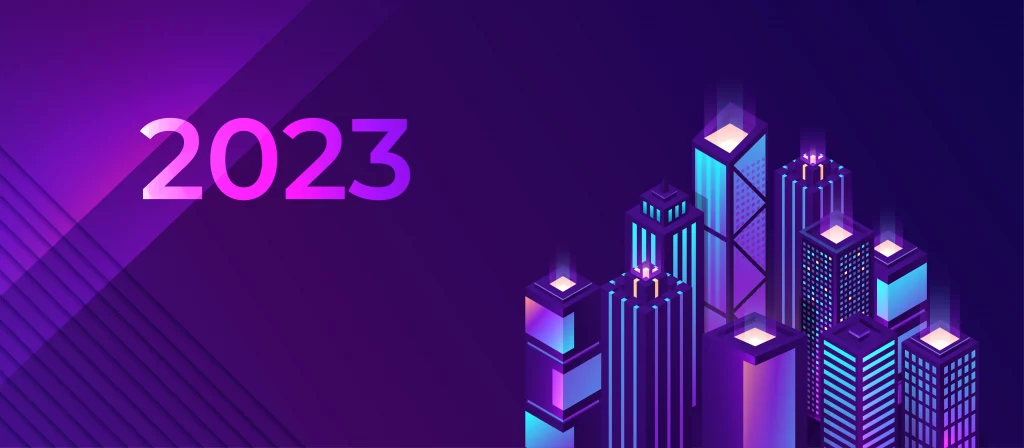
Technology is evolving at a remarkable rate. It has revolutionized almost every area of our lives, providing us with countless benefits that were once impossible to imagine. From communication to entertainment and health care to education, technology has enabled us to make advancements and reach new heights of efficiency, convenience, and accuracy. It has only made things easier for consumers as well as businesses by introducing automated solutions.
Technology has enhanced our lives in innumerable ways, and its potential is still largely untapped. Therefore, we present to you a list of the top 7 technology trends that companies must consider when developing their digital strategy in 2023. Let’s figure it out through this blog!
1. Datafication
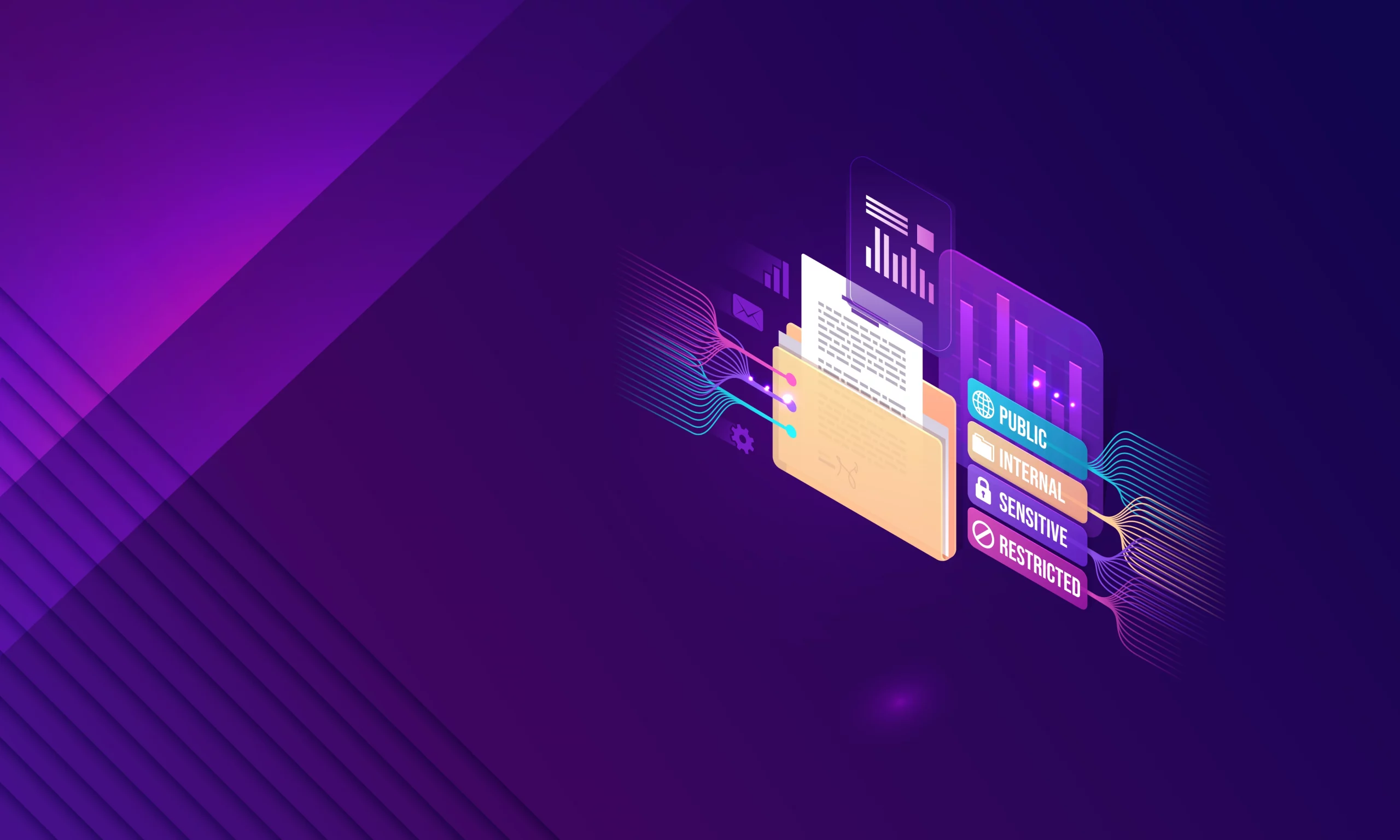
Datafication is collecting, storing, managing, and analyzing data from various sources to inform strategy, enhance decision-making, contain costs and improve efficiency. By using data-driven insights, businesses can identify growth opportunities, reduce risk exposures and gain a competitive advantage in their respective markets. Furthermore, datafication interactions can create predictive analytics models that utilize historical and real-time information that helps them plan for future scenarios, enabling customers to get the most out of their service or product.
Jobs in datafication often involve working with large databases using specialized software as well as other methods such as manual analysis or tracking customer behavior through questionnaires and surveys. Datafication also requires the ability to interpret both quantitative and qualitative information from multiple sources to provide insights on various issues that might require decision-making or corrective action. Additionally, it involves providing personalized customer service elements such as explaining complex topics in simple terms and responding quickly to customer inquiries. All of these factors make datafication an invaluable skill set for businesses today.
2. Artificial Intelligence
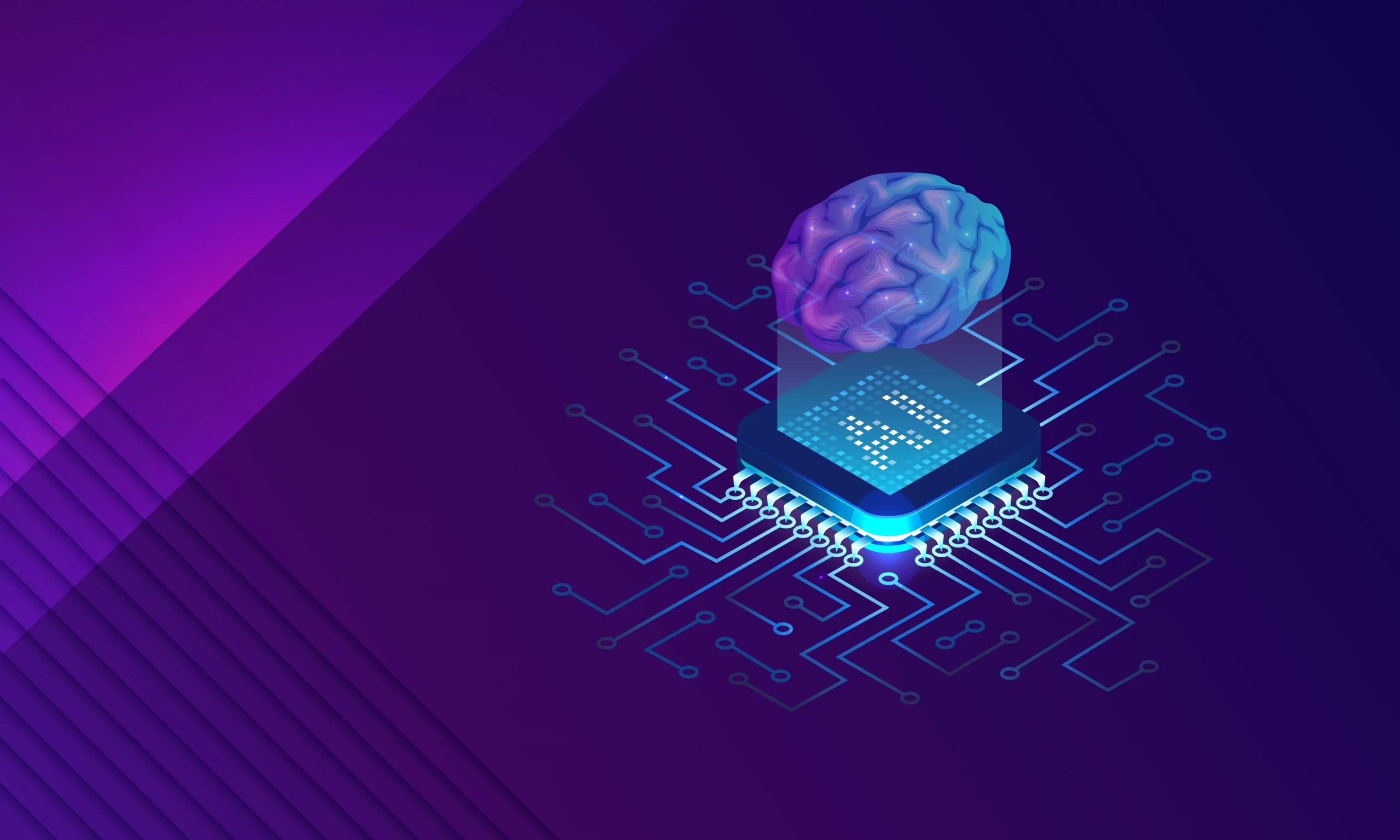
Artificial Intelligence (AI) is a branch of computer science focused on developing intelligent machines capable of perceiving, reasoning, learning, and problem-solving like humans. AI has the potential to revolutionize virtually every industry in the world, introducing new levels of automation, efficiency, and performance that could help organizations become more adaptive, consistent, and productive. AI technologies include natural language processing (NLP) which can automatically generate content from audio or text inputs. Other applications include facial recognition to analyze customer sentiment, virtual agents for automated customer service and predictive analytics to forecast demand, machine learning for autonomous decision-making, and so on.
In the current highly competitive economy, it is no surprise that jobs related to artificial intelligence (AI) are rapidly increasing in demand. Professionals with creative problem-solving abilities and expertise in AI programming, machine learning and deep learning, data analysis and engineering, natural language processing (NLP), bioinformatics, neural networks, robotics, computer vision systems, and software development are particularly sought-after by employers. With the advancement of mobile technologies, virtual reality applications as well as autonomous vehicles and drones also require an understanding of AI algorithms. Professionals currently working within this field have an amazing opportunity to develop cutting-edge solutions that play a significant role in expanding the scope of technological advancements within our society.
We worked on IFlyTek Voice Recognition which is a comprehensive end-to-end system for developing and deploying voice recognition applications. It provides the tools, components, and runtime environments that are necessary for recognizing voice input across multiple platforms and networks, including mobile, web, and audio channels. Furthermore, we have integrated its proprietary speech synthesis algorithms with acoustic model optimization, IFlyTek Voice Recognition can accurately identify voices even in noisy or distant environments. This ensures that our customers have an enjoyable experience while engaging with virtual assistant services powered by this advanced technology. Additionally, IFlyTek Voice Recognition has achieved top scores in multiple industry evaluations of accuracy and usability, making it one of the most reliable solutions available today.
3. Cybersecurity
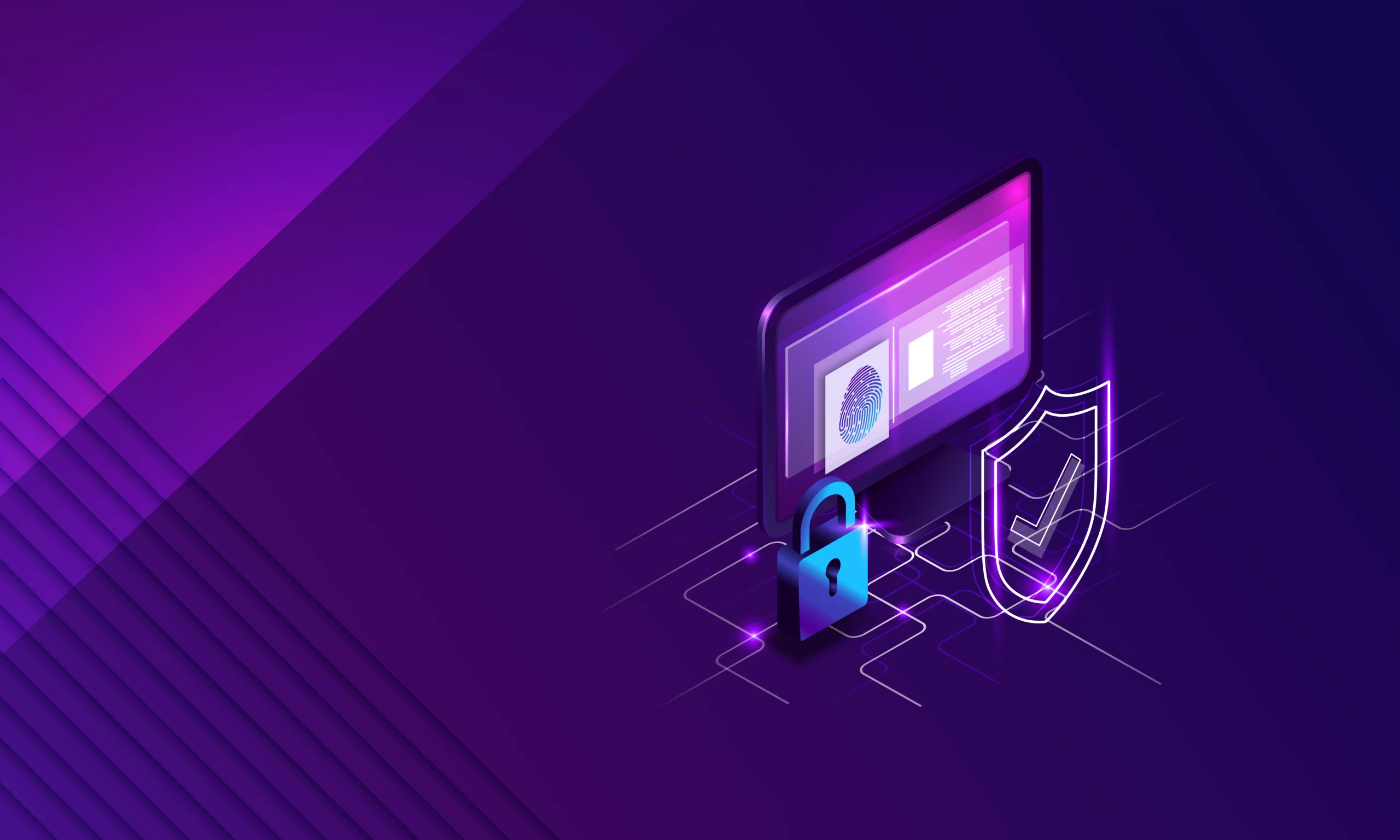
Cybersecurity is an essential component of a secure digital infrastructure and constitutes vital activities in the protection of computer systems, networks, and data from malicious cyber activity. It includes a range of preventive measures that are used to protect systems from attacks, as well as methods for detecting and responding to potential threats to minimize the damage caused by them. Cybersecurity policies should cover technical controls such as firewalls or encryption, as well as procedural processes such as authentication and authorization.
Cybersecurity professionals must possess a strong blend of technical, strategic, and communication skills to be successful in the industry. They should have an advanced understanding of digital forensics, encryption technologies, application security principles, intrusion detection, firewalls, and other tools that form the foundation for defending networks. Additionally, they should be able to think strategically and creatively when undertaking problem-solving activities – this helps them to anticipate potential threats before they happen. Communication skills are key since they need to be able to communicate cybersecurity risks with colleagues, customers, and stakeholders.
Russia’s No. 2 bank, VTB, was targeted by one of the largest cyber attacks to ever mainstream banking operations. It has been reported that the attack used botnets in an attempt to obtain access to customer accounts and other confidential information. As a result, numerous customers experienced fraudulent activity from their accounts.
To protect oneself from such attacks, the Terralogic team gives the company the visibility it needs to thrive. They can travel with confidence, and detect data at risk, and vulnerabilities across networks on thousands of endpoints between clouds by combining the security data and defending against today’s sophisticated attacks by hackers.
4. Full Stack Development
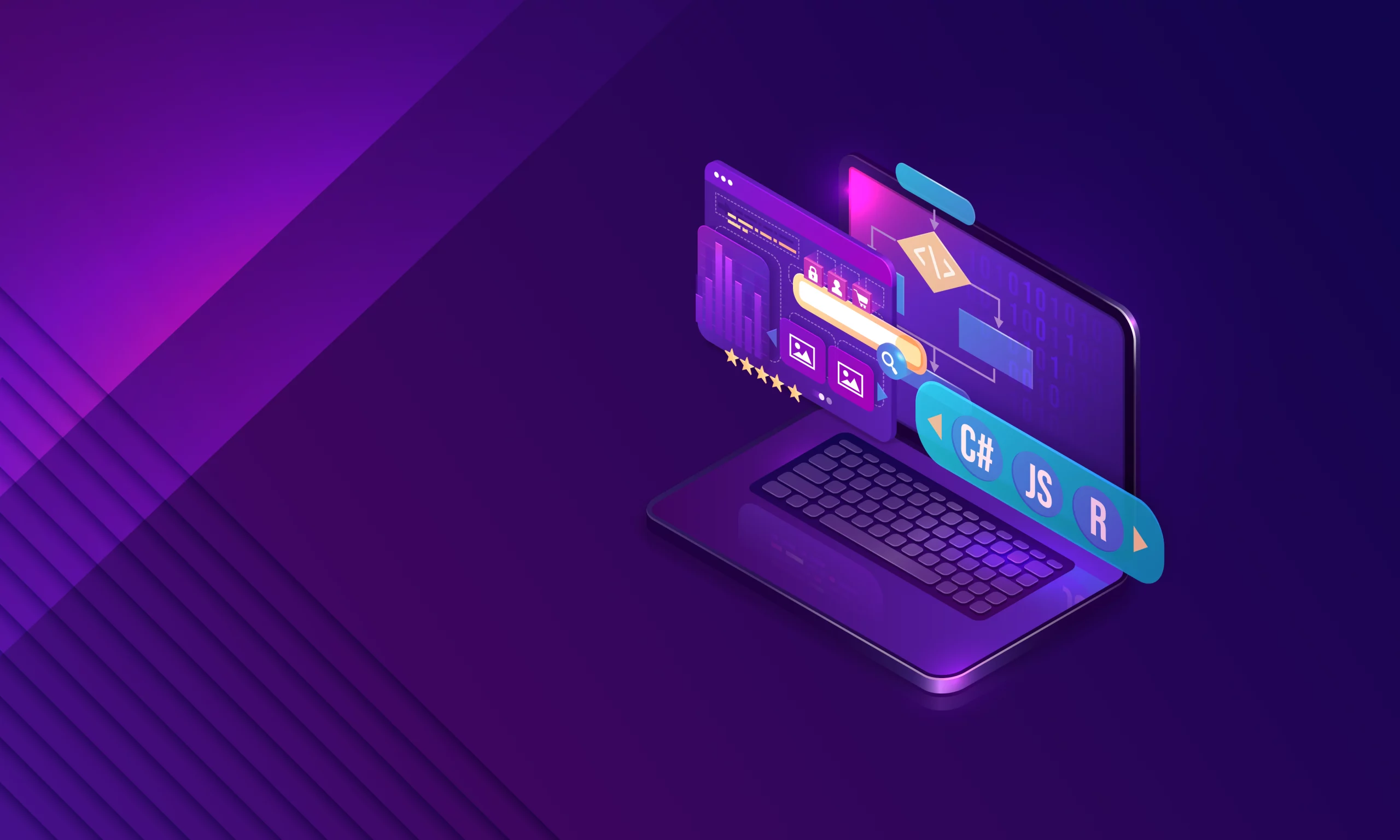
Full Stack Development is the comprehensive development of both front-end and back-end components of a software application. It involves building the user interface (UI), database, server, and client-side code that connect to create an interface between the user and the application.
Full stack developers must possess knowledge in HTML/CSS/JavaScript for developing user interface elements, API integrations, databases like MySQL or MongoDB, as well as runtime technologies such as NodeJS, NextJs, and Flutter for server-side operations. Additionally, full-stack developers should have experience with web hosting environment configuration and CI/CD pipeline automation. Good problem-solving skills are essential to be successful when debugging issues with existing code or implementing new features within the existing framework.
In the real estate industry, PS Group is one of the most well-known companies and our client. They have been in operation for more than three decades, and they are always willing to adopt new techniques and fashions.
We used WordPress to create the blog pages on the main site, while the PHP Framework Codeigniter 3 was used to create the dashboard. We also used HTML, CSS, Javascript, and Jquery in their construction. Data storage was accomplished using a MySQL database.
For this project, AMP (Accelerated Mobile Pages) was utilized to optimize the page speed because mobile users account for a larger portion of the site’s traffic.
5. Edge Computing
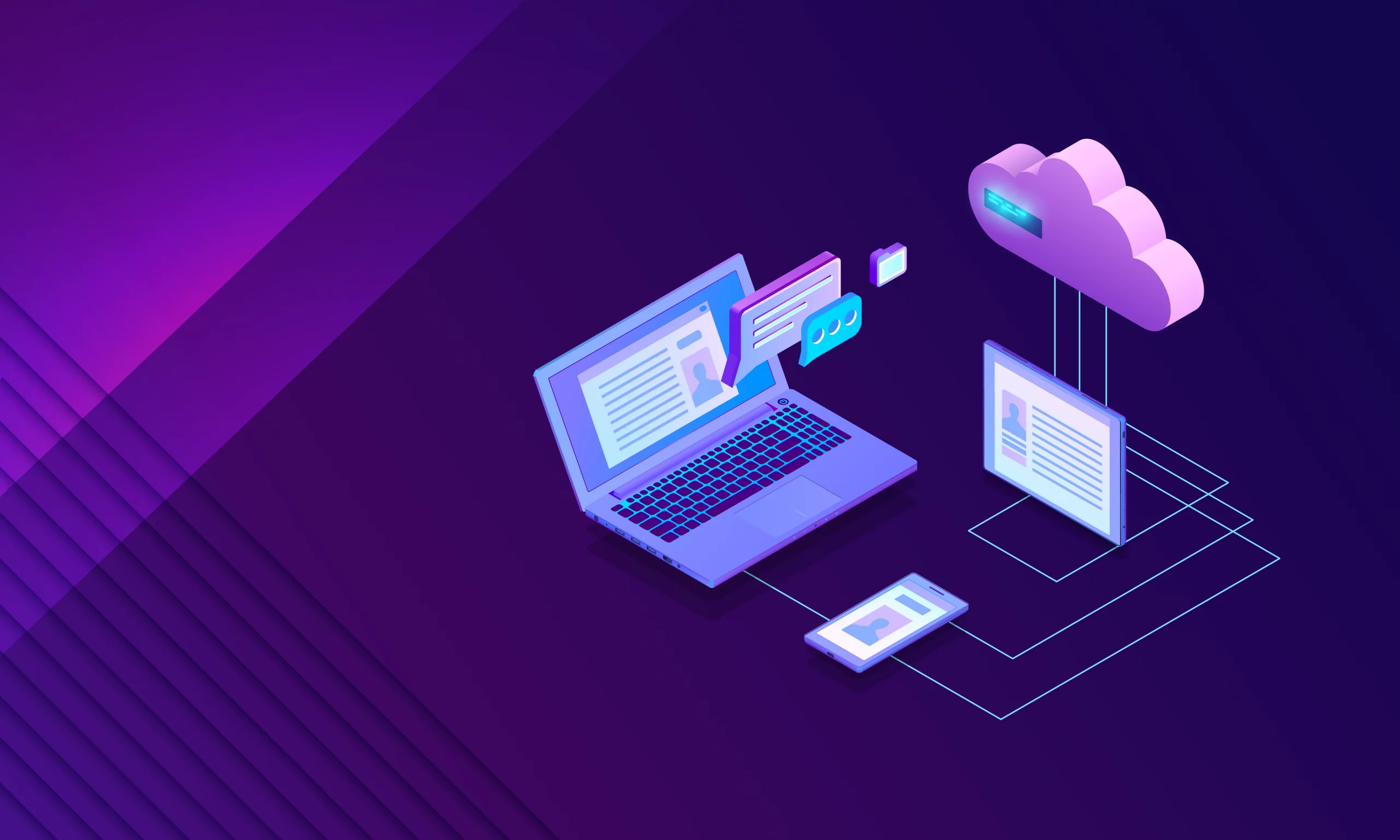
Edge Computing is a form of distributed computing that leverages processing power, memory, and communication capabilities at the edge of a network closer to users to increase system performance. This approach enables data processing, content caching, analysis, and decision-making to occur closer to where it is generated or needed, rather than on centralized servers. Edge Computing brings benefits such as reduced latency, enhanced privacy and security, better scalability compared to traditional cloud-only architectures, and improved energy efficiency and cost savings.
Edge Computing jobs require professionals to design and build scalable infrastructure solutions, develop applications on edge devices such as embedded microcontrollers and sensors, and maintain secure communication among all components of an edge network. In addition, these professionals must have a strong grasp of cloud-native architectures and underlying principles such as latency optimization, scalability, and availability.
6. Blockchain
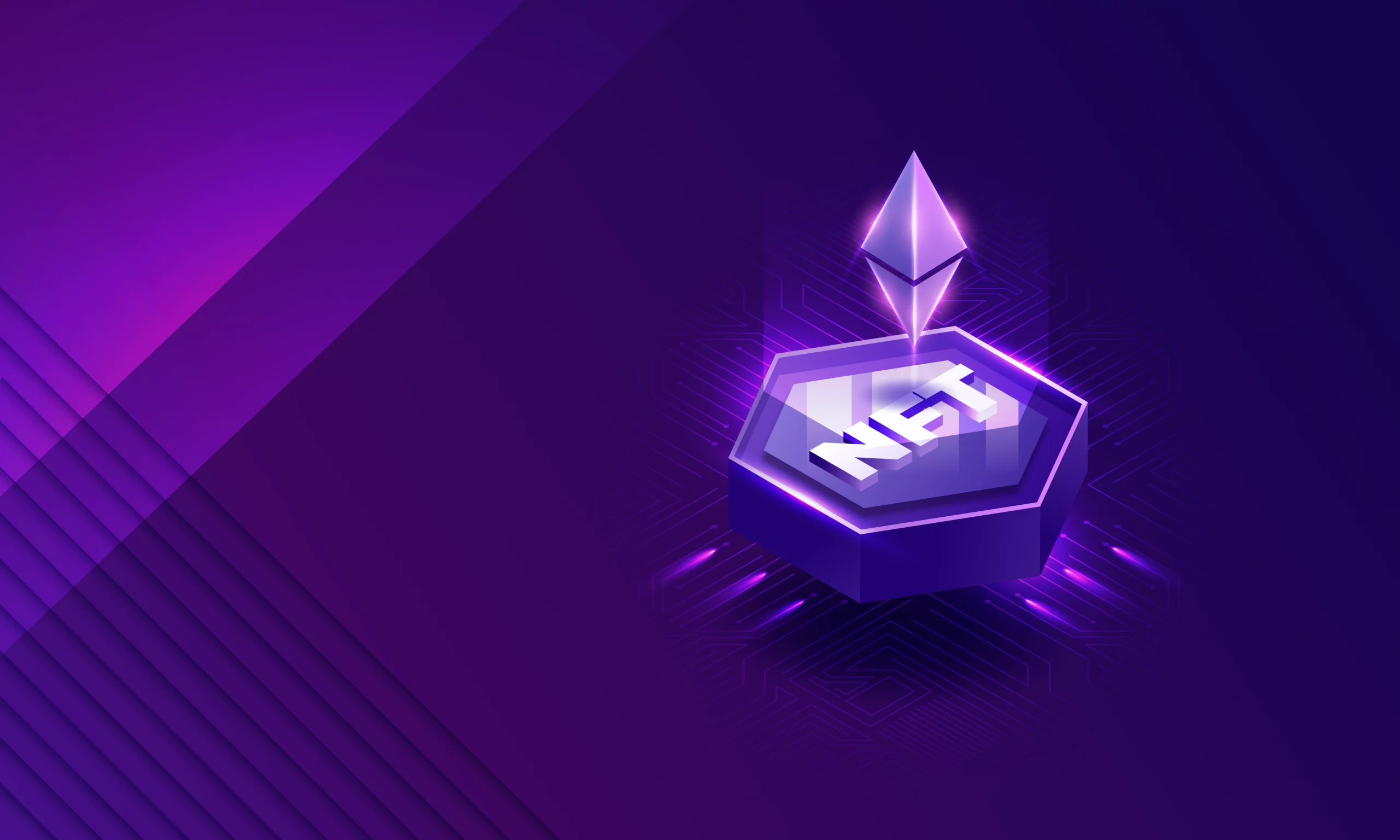
Blockchain is a revolutionary technology, that allows for the secure and reliable transfer of digital assets without any third-party involvement. It is composed of a chain of encrypted, digitally linked blocks that serve as a distributed ledger that records and verifies all transactions while preventing double spending and malicious tampering with the data. Not only does blockchain provide privacy and security to users, but it also has the potential to streamline a multitude of processes such as cross-border payments, digital contracts, and compliance checks.
People hired must be knowledgeable in coding, security protocols, distributed systems, cryptography, software development, financial services, data analysis, digital marketing, or similar areas. Being adept at problem-solving is essential for these positions as blockchains’ complicated nature regularly results in new scenarios and challenges. Furthermore, it is vital for those involved to have good communication skills as teamwork plays an integral role when dealing with complex projects related to blockchain technology.
7. Robotic Process Automation
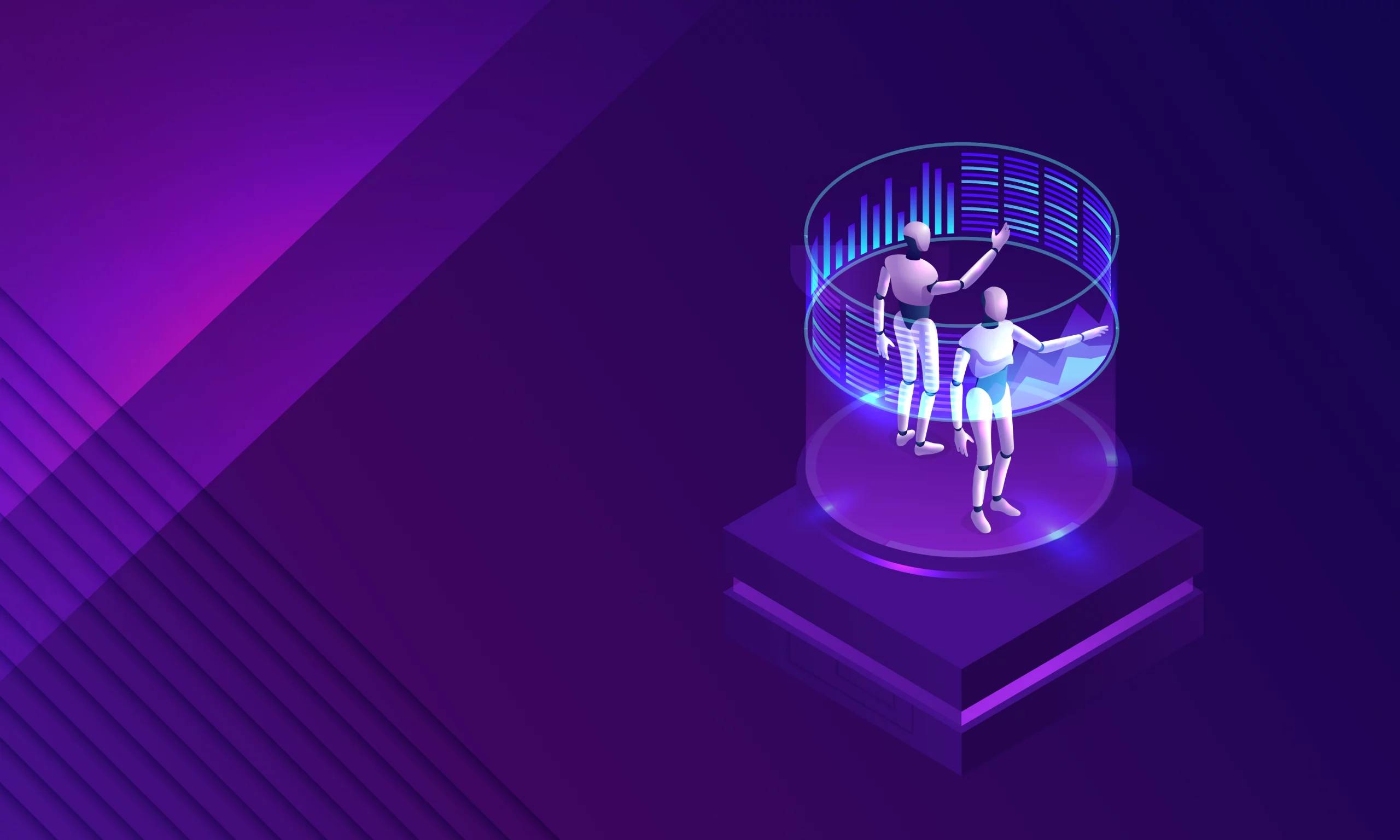
Robotic Process Automation (RPA) is an emerging technology that enables the automation of manual, repetitive processes. It helps streamline and accelerate operations, reduce errors, and improve productivity. RPA leverages advanced data extraction and analytics technologies to automate large amounts of structured or unstructured data processing with minimal human intervention. The software robot interacts with existing enterprise systems without redevelopment, allowing businesses to take advantage of their current processes while improving accuracy and quality control.
A demanding job in RPA typically involves writing sophisticated code and scripts. Proficiency in languages such as Python, Java, and C# is essential for this position, as well as strong problem-solving skills. It also requires the ability to quickly learn and use other automation tools such as Blue Prism or UIPath. Memory management, error handling, debugging, and object manipulation must be done expertly. An RPA engineer should have a firm understanding of databases like SQL Server or Oracle and be knowledgeable about software engineering best practices. They need to be able to visualize desired results from process flow diagrams to create scripts that achieve efficient and accurate outputs in a timely fashion with minimal errors.
Conclusion
With the help of emerging technologies, professionals are now able to do more in less time with greater efficiency. By utilizing resources such as machine learning, automation, and artificial intelligence, complex tasks can be completed faster and with enhanced accuracy. With increased access to technology, businesses now can make quicker decisions without hindering security or compromising core operations. As we progress, organizations need to remain informed of emerging trends if they wish to succeed in an increasingly competitive landscape.
Keep reading about
LEAVE A COMMENT
We really appreciate your interest in our ideas. Feel free to share anything that comes to your mind.




